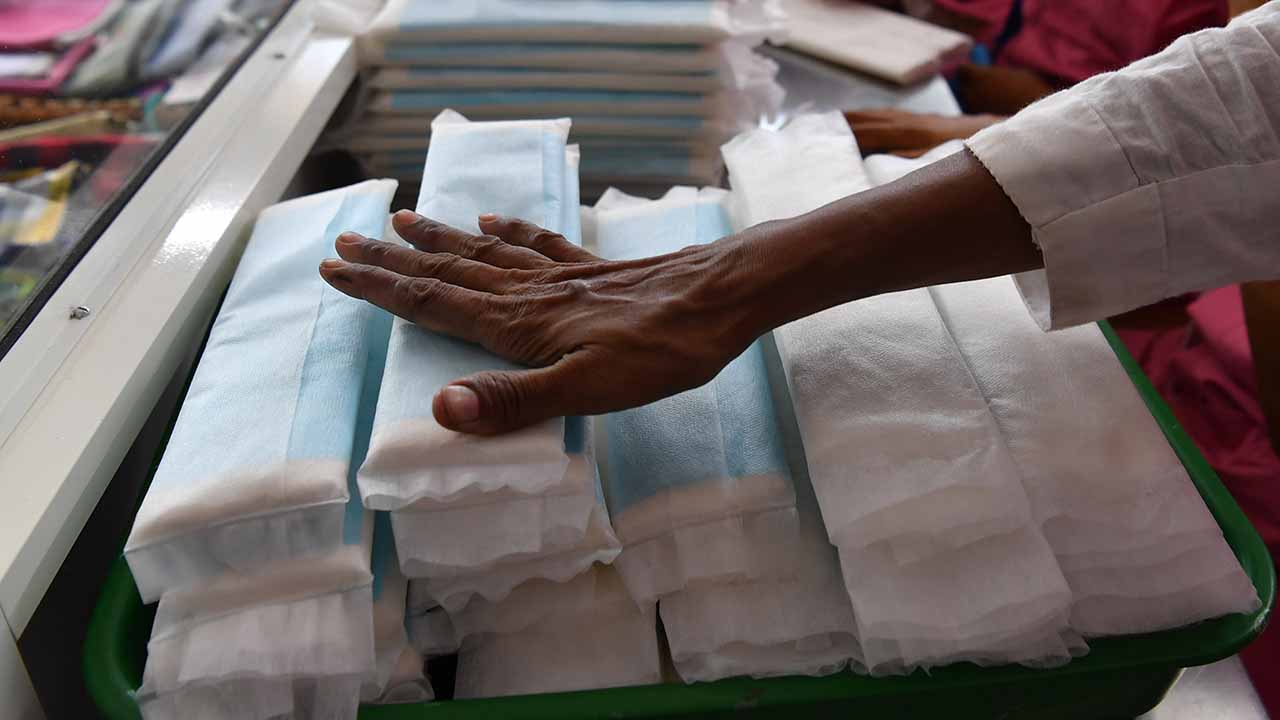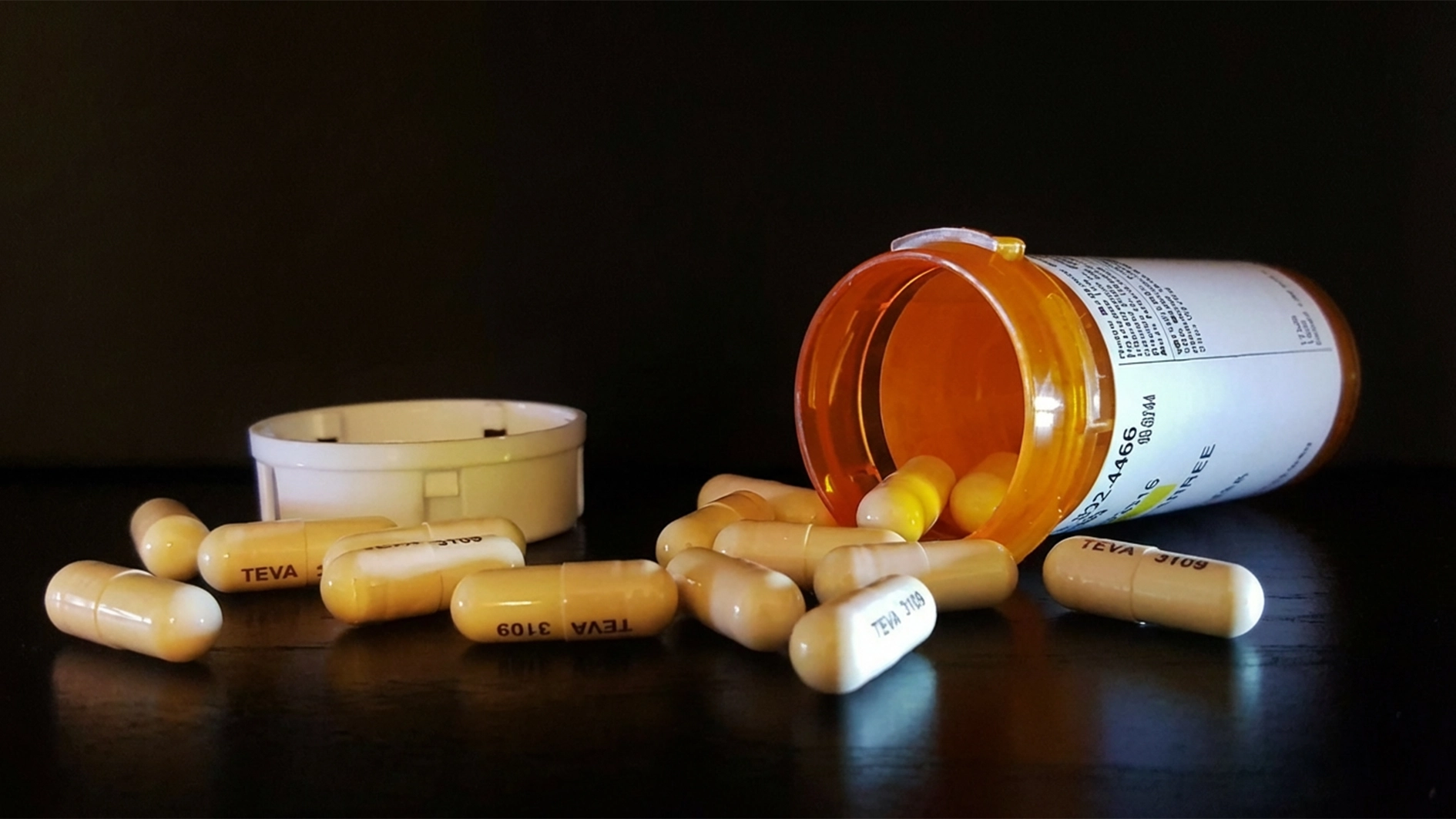
• Firm tackles period poverty in A’Ibom with hygiene packs for 1,000 schoolgirls
Female students at the University of Port Harcourt face increasing challenges in maintaining menstrual hygiene due to rising costs of sanitary products amidst Nigeria’s economic downturn.
Sanitary pad prices have surged, with small packs now selling between N1,000 and N1,200, up from N500 earlier this year, while larger packs have jumped from N1,200 to N1,900.
Many students struggling with these price hikes resort to unhygienic alternatives, such as tissue paper and newspapers, to manage their menstrual flow.
For some students, high costs mean making difficult choices. “I often have to choose between buying food or sanitary pads,” said Udu Wisdom Ojochei, a 200-level Human Physiology student. “Sometimes, I even skip classes during my period because I can’t afford the pads.”
Similarly, final-year student Blessing Maxwell lamented the drastic rise in pad prices, noting, “When I started, the smallest pack was N400. Now it’s N900. How are we supposed to afford this?”
Students are urging authorities to improve menstrual health support on campus, with calls for subsidised sanitary products and better facilities.
“Using tissue paper is risky and could lead to infections,” said Ukandu Jessica Chinazaekpere, a 300-level microbiology student. “The government must address this issue urgently.”
RELATEDLY, Oriental Energy Resources Limited (OERL) has launched a 12-month supply distribution of female hygiene packs to 1,000 secondary school girls in Akwa Ibom State, aiming to address period poverty and the challenges of menstrual hygiene access due to financial hardship.
The initiative, which took place at Southern Annang Comprehensive Secondary School in Oruk Anam and Community Secondary School in Nsit Ibom, also saw donations of waste bins, water tanks, bar soaps, and educational materials.
Alongside these provisions, students received lectures on Sustainable Development Goals, female hygiene, HIV/AIDS, and child trafficking.
According to OERL’s Managing Director, Mustafa Indimi, represented by Dr Uwem Ite, Head of Community and Government Relations, the company seeks to empower girls through education and resources, stating, “Investing in girls is not only right for them, but also positively impacts families, communities, and society.”
Indimi noted that education opportunities are crucial for girls, with one in five unable to complete junior secondary school, particularly in developing regions.
Founder of the Aniedi Etim Foundation, Aniedi Etim, highlighted that menstrual poverty forces many girls out of school, exposing them to teenage pregnancies, infections, and early marriages, stating, “Menstrual poverty is a gender issue, threatening gender equality and reproductive health.”
Commending OERL’s contributions, state health commissioner Professor Augustine Umoh and the Permanent Secretary of the Ministry of Environment acknowledged the company’s role in fostering community well-being.






